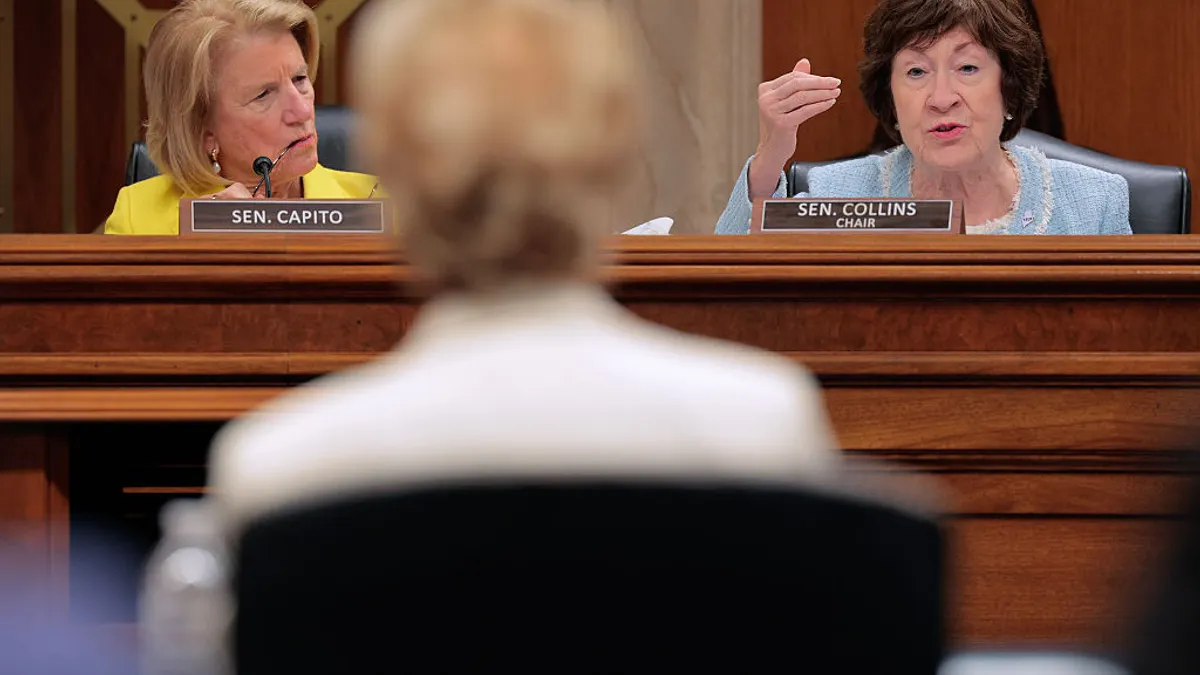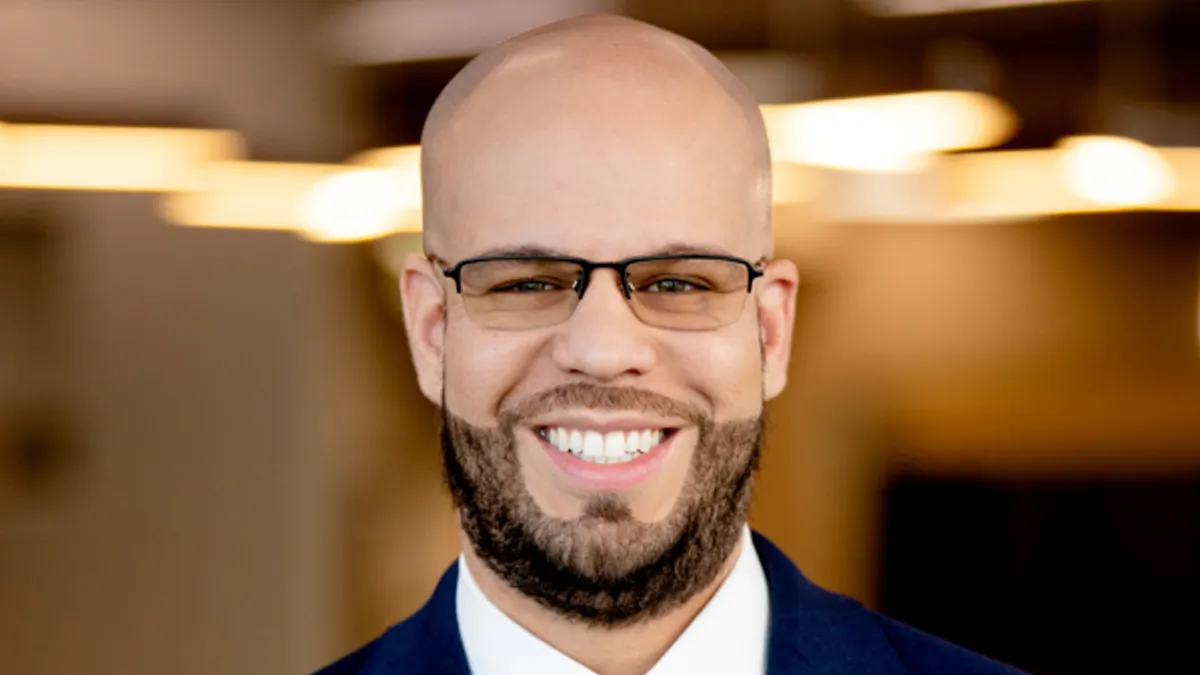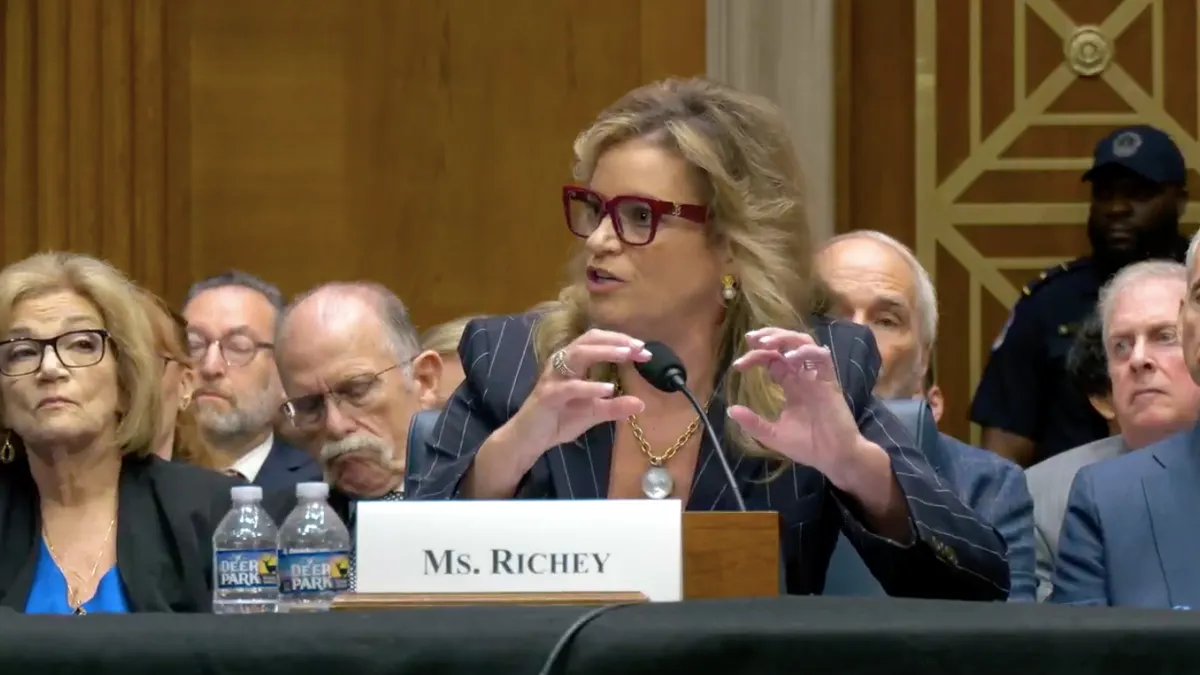AUSTIN, Texas — As students return to school amid higher rates of behavioral issues and school counselor shortages, collaboration between principals and existing counselors is critical to maximize positive outcomes.
"A school counselor to me, based on my experience, is a key lever in transforming change in school if you allow it to happen," said Anthony Hamlet, former superintendent of Pittsburgh Public Schools, during a Sunday panel session at the American School Counselor Association’s annual conference. "I know the power of giving them their time to do what they need to do. It can move mountains for students."
Between August 2011 and August 2014, Palm Beach Lakes High School, where Hamlet previously served as principal, saw a drop in school counselor referrals from 186 down to 8. The number of days students spent suspended in school fell from 1,725 to 120, according to data cited by the panelists.
This turnaround required intentionally making school counselors part of the school improvement plan, Hamlet said.
In ASCA sessions over the weekend, Hamlet and three counselors detailed five things administrators and counselors can do to better work together for improved student outcomes.
1. Increase communication
Counselors should often be the first to initiate the connection with administrators, said Monika Pugh, director of student support services for school counselors at Pittsburgh Public Schools. Pugh worked with Hamlet at Palm Beach County School District as a school counselor.
"You are the heartbeat of the school. The school cannot function without you, and you have to believe that, and you have to make everybody else believe that," Pugh said.
At a separate ASCA panel on Saturday, Diana Virgil, school counselor for Daleville High School in Alabama, said increasing communication can be as simple as using your principal's preferred method of communication. Virgil, for example, said she shifted to calling — her principal's preference — rather than texting.
Counselors and administrators should also communicate with empathy and a foundation of trust. "If you do not have mutual trust in a principal-counselor relationship, you may as well have nothing," said Fabion Vicks, 8th grade counselor at Dutchtown Middle School in Hampton, Georgia.
2. Meet regularly — and follow up
Administrators and counselors should meet regularly, and counselors should come prepared with any questions or concerns, Pugh said. Counselors can ask to attend schoolwide leadership team meetings, as well. After principal-counselor discussions, counselors should meet among themselves to debrief, Pugh added.
During principal-counselor meetings, it's important for principals to ask counselors about the support they need and then to follow up, Hamlet said.
Principals should check in with counselors about how students are progressing "not just at the end of nine weeks or at the end of semester,” but continue monitoring to make sure students are on track.
Pugh added that counselors should explicitly identify the support they need from their principals to help students to the greatest extent possible. "We often don't know how to define the support that we need," she said, adding principals can help with everything from getting other teachers on board with initiatives to ensuring after-school athletic programs accommodate tutoring.
3. Define roles and responsibilities
Panelists agreed across the board that both parties should clearly define counselors' roles and responsibilities since they're often asked to shoulder tasks outside their contracts.
Virgil, for example, was once asked to write individualized education programs, or IEPs, for students with disabilities despite her having no experience or formal training in the subject. She declined.
Sometimes counselors might be able to weave extra responsibilities into their regular work with students.
When Pugh and her coworkers were asked to cover lunch duty, they considered, "How can we make [these] duties work for us?" Her team wound up creating a lunchtime "Counselors' Corner" where students could get help with ACT waivers or other supports. "We weren't pulling kids out of class, so teachers loved it. … We made it work for us."
4. Increase counseling department awareness
Administrators can especially bolster the counseling department by raising its visibility.
"Principals greatly impact the school counselor program," Vicks said. They "shape and promote awareness of the school counselor program and school counselor."
Everyone from front desk staff to the registrar's office should promote the counseling department, panelists in the Sunday session said. Social media pages to popularize the counseling department can also help, they added.
"Our mantra was 'graduation is everybody's business.' And when we say everybody, we mean the custodians, the cafeteria workers, the parents, the community," said Pugh.
Administrators can also give counselors a hand by keeping them in the loop about school activities where they can connect with students and parents. Pugh, for example, would regularly attend football games and pep rallies with her coworkers "only because it allowed us to be more present on campus. … We're not sitting in our office with the door closed."
5. Use data to boost communication and transparency
When communicating with principals as well as students, counselors should regularly tap into data.
"Make data your friend and not your enemy," Virgil said. "Principals talk in numbers. … We have to utilize different tools to be able to relay the information to principals in something they know.”
Charts, for example, can be quick and easy to understand for busy principals who are pulled in different directions throughout the day.
Vicks also suggested sharing student-related data with teachers, advisory councils, parents and students themselves.
"Students are stakeholders," Vicks said. For example, after Vicks collected data on student fights and implemented monitoring systems based on where and when fights were breaking out, incidents declined by about 30%.
Looping administrators into these efforts can spur involvement from others, including teachers, custodial staff and parents.
"If their [principal] leadership is not where it needs to be, everything else will fall apart," Virgil said.





















